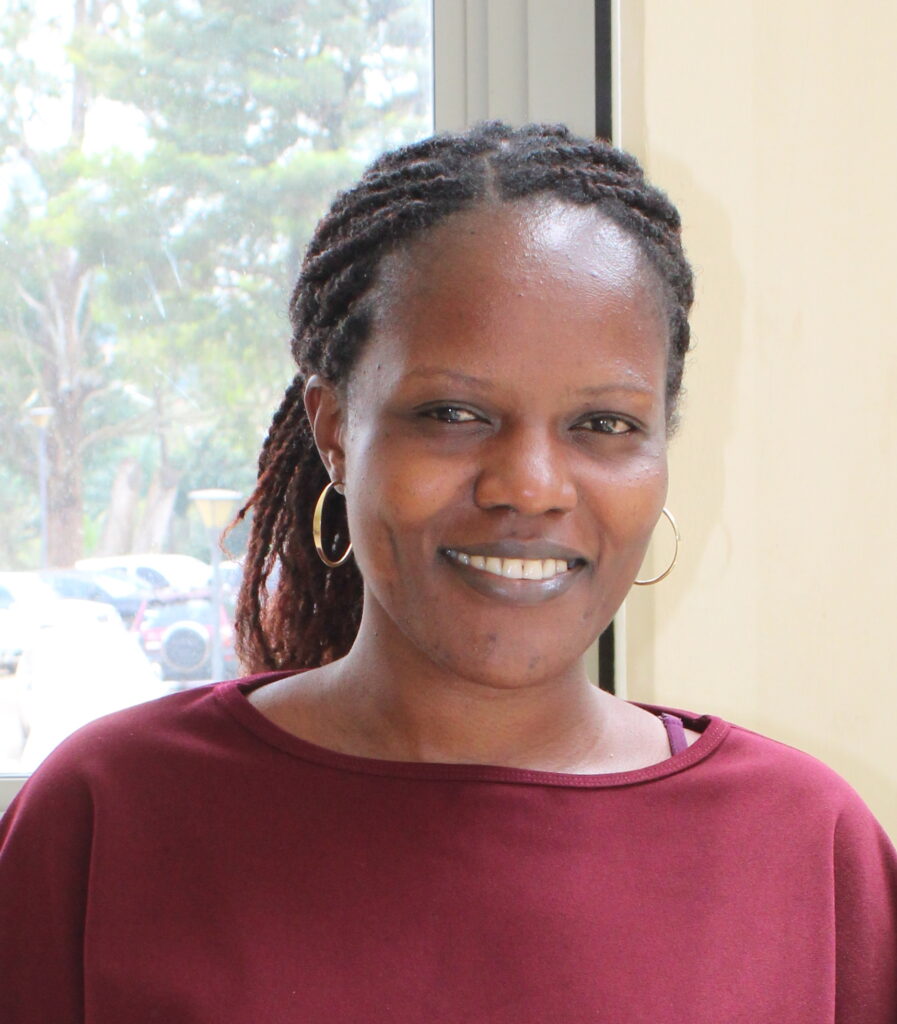The need to lead by example in fight against COVID-19!

Agnes Kyamulabi
- 22 September 2020
The need to lead by example in COVID-19
The Refugee Lived Experiences, Compliance and Thinking (REFLECT) in COVID-19 Study is one of the studies Agnes participated in under CHASE-i. The study is an intervention by stakeholders in partnership from academia, policy formulation and implementation, in the refugee and health sectors. The study illuminates refugee experiences, understanding and response to COVID-19 for the attention of all stakeholders in Uganda and beyond. It has the potential to positively impact other public health responses in humanitarian settings.
The study reveals that communities are knowledgeable about COVID-19 and other epidemics; they know the causes, symptoms and the prevention measures. Information was accessed through the traditional information, education and communication [IEC] channels alongside the new media. The role of the national, local government structures and actors in the dissemination is acknowledged alongside that of the civil society actors. Despite the knowledge on the prevention, there is limited action towards this; attributed to fatigue and a misperception of the immunity of the African race. Some community members also feel that the response to the pandemic has been politicized and monetized, resulting in an impression of lesser risk. The perceived lesser risk manifests through negligence and complacency evident from risky behavior, attitude and social practices. There is, hence, a big discrepancy within the community, between the knowledge and practices relating to the disease.
There is evidence of the persistence of pre-pandemic sociocultural norms and practices. Key among these is the shaking of hands, having meals together and visiting, rite of passage ceremonies, group prayers. There is also continued cross-border movements for livelihood related reasons and relationship insecurities. Reasons. This persistence is possibly furthered by the “prevention fatigue” and the immunity misperception – also exacerbated by the reported low mortality from COVID-19. Despite this, there is a reported level of compliance with some of the restrictions, vigilance in reporting/referring suspected cases. Observance of the SOPs is evident among some sections of the communities; it is however constrained by resources for example there are public hand washing facilities that do not have soap for washing hands.
The communities acknowledge related benefits in terms of reduction/absence of other fecal-oral diseases including typhoid, cholera, diarrhea and dysentery that have been prevented through washing hands like COVID-19. This analogy with other WASH preventable diseases is further evidence of their understanding of the modes of transmission.
REFLECT study findings show that communities pay much attention to the behavior of implementers and enforcers. The behavior and practice of the frontline workers were also reported as affecting the community members’ adherence to the preventive procedures especially those relating to the use of personal protection equipment. In Adjumani district for example, a participant noted the difficulty in wearing face masks or installing hand washing facilities in their homes when the enforcers did not adhere to these measures. Such a key finding calls for action for higher adherence levels to the COVID-19 preventive measures by those in charge. Such a key finding calls for action for higher adherence levels to the COVID-19 preventive measures by those in charge.
As has been said,
“ I can’t listen to your words because your actions are too loud!”
Agnes Kyamulabi is a Research Fellow in Makerere University’s Department of Social Work


